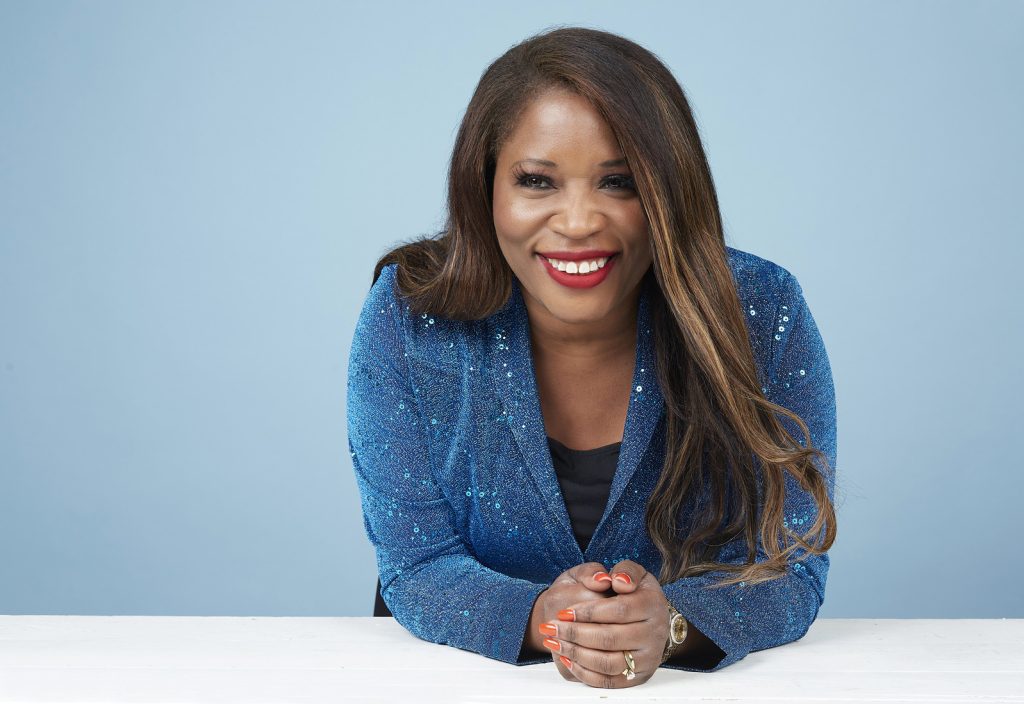When I was 19, I thought I had hit the pinnacle of success. I had just landed a full-time job at a computing and telecommunications organization. Then, in my first performance review, my manager told me, “You are very competent, you can do much more than this job.” I was hurt! I wanted to hear that I was doing a fantastic job. Instead, he felt I was competent. But then he explained, saying, “Do you know how many people are not competent? That is the highest praise I could give somebody—and I want to see you do more.”
That conversation—and the mentorship he provided—changed the trajectory of my life. I went on to build a career in the information technology sector at companies including Deloitte, Bank of Montreal, and TD Bank, and now, I’m the founder and chief executive officer of Protexxa, a B2B SaaS cybersecurity platform. Mentors have helped at every stage of my career. When I was at BMO, a mentor helped me prepare for my first board appointment. Having an executive give me the guidance to hone my skills at the board level was huge for my career. I know first-hand that mentorship is a key part of building a more equitable innovation sector.
RELATED: 5 Black Female Entrepreneurs Who Are Redefining Their Industries
This isn’t just my observation; a quick internet search will reveal decades of supportive research. Researchers have found workers with mentors make more money, are more productive, feel less stressed, and get promoted faster than those without. Unfortunately, as a 2021 McKinsey & Co. report found, 67 percent of Black professionals in the United States still don’t have access to a mentor or corporate sponsor. Additionally, they’re not getting the same level of support as their peers, who tend to receive advocacy. Indeed, a Canadian study reported that more racialized professionals are more likely to receive “advice that focuses on how they can ‘fix’ the so-called ‘soft’ elements that affect how they are perceived.” This is a clear sign the business world needs to do more to foster a culture of mentorship for people of all backgrounds—especially since inclusive businesses have proven to be more innovative, profitable and attractive to top talent.


The benefits of mentorship go far beyond one person. There’s a massive downstream effect when you can help one individual who then is inspired to do the same for others, which we call “The Power of One, the Power of Us” at the Coalition of Innovation Leaders Against Racism (CILAR). If we tracked the impact of mentorship on an analytics chart, we’d see that many people eventually benefit as a result of one person receiving support from a mentor.
This is why it’s so important for leaders to extend a helping hand to the people who are building their careers. I’ve mentored dozens of people in a personal capacity, and I’ve also been really proud to help build CILAR’s mentorship programs, including the new ACCELERATE Mentorship program, which will help expand diversity in leadership roles by pairing current executives, with Black and Indigenous leaders in a reciprocal mentoring relationship for a minimum of five meaningful conversations.
There’s nothing worse than a company that claims to prioritize EDI, only for its employees to think, “Yeah, that’s not real.” That’s why I’m calling on businesses to walk the talk. Make mentorship a priority—it will help drive widespread change. It can help leaders make connections with talent they otherwise would have never been introduced to, and the learnings they take away from those experiences can help shape processes and policies around customer experience and inclusion.
I often think about what my career would look like if my first mentor hadn’t helped me see my potential. I believe it would have been much smaller and much less interesting. And my perspective, talent, and skills would have remained untapped. The same is true for many people who aren’t getting the mentorship they need right now. In fact, the business sector will only benefit when we make sure that the widest possible group of talented people have access to real support and meaningful advocacy.
Claudette McGowan is the Chief Executive Officer for Protexxa, a Canadian-based cybersecurity software and services company. She is also Chair of the Coalition of Innovation Leaders Against Racism (CILAR), a group of senior business leaders committed to creating platforms that break down systemic barriers within the innovation economy.













